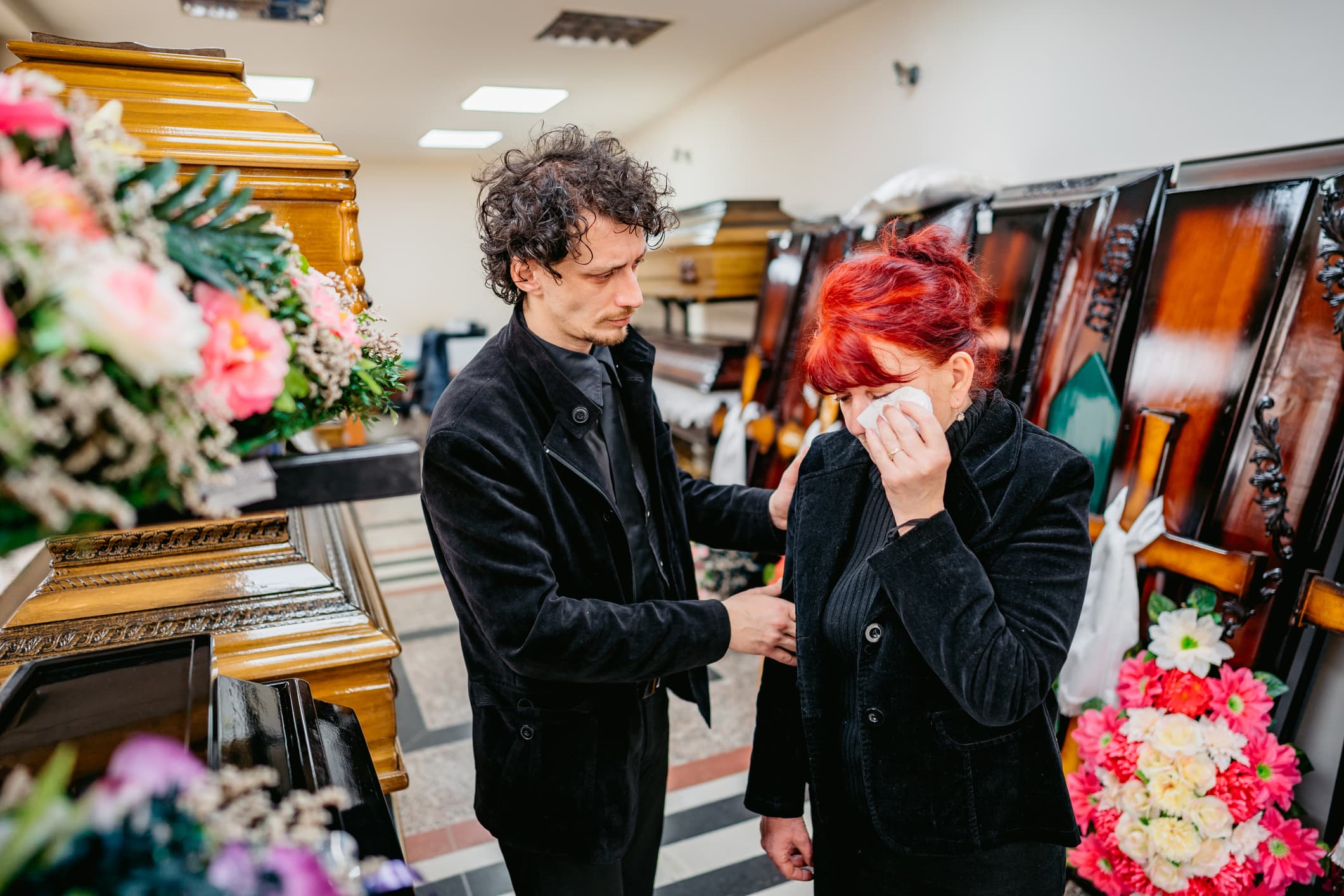Urbazon | E + | Getty Images
There is a lot to deal with when a loved one dies.
In addition to the emotional aspect of dealing with death, there is the financial aspect – which would include any Social Security benefits that the deceased was receiving.
You may wonder how the government knows how to stop sending that monthly money or if a surviving spouse or dependent can maintain some form of payment.
Social security rules can be complicated. However, the end result is that the benefits of the deceased stop at the time of death. For survivors, how to get benefits – or if you qualify – depends on several factors (more on that later).
More from Personal Finance:
How Spouse Benefits Work If You Apply For Social Security In Advance
Here is a decade by decade guide to retirement planning
That’s when your tax return can be flagged by the IRS
First, however, it is important that the Social Security Administration is alerted as soon as possible after the person’s death.
In most cases, funeral homes notify the government. There is a form available that these companies use to report the death.
“The person who serves as executor [of the estate] or the surviving spouse can also call Social Security, “said financial planner Peggy Sherman, chief consultant to Briaud Financial Advisors in College Station, Texas.
There are a few things to keep in mind. To begin with, a person does not receive any Social Security benefits in the month of his death.
“Any benefits paid after the month of the person’s death need to be reimbursed,” said Sherman.
With Social Security, each payment received represents the benefits of the previous month. Therefore, if a person dies in January, that month’s check – which would be paid in February – would have to be returned if received. If payment is made by direct deposit, the bank holding the account must be advised so that they can return the benefits sent after the person’s death.
It is no surprise that using someone else’s benefits after death is a federal crime, regardless of whether the death was reported or not. If the SSA receives notification that fraud is taking place, the allegation will be reviewed and potentially justify a criminal investigation. To combat duplicity, the agency combines records with other government agencies to identify unreported deaths.
Regarding the benefits available to survivors: If a spouse or qualified dependent was already receiving money based on the deceased’s record, the benefit will automatically be converted into survivor benefits when the government is notified of the death, Sherman said.
“For all other cases, the surviving spouse will need to call Social Security and schedule an appointment to claim survivors’ benefits,” said Sherman. “You can’t do that online.”
If the widow or widower reaches full retirement age, they can obtain full benefit from the deceased spouse, Sherman said. They can apply for reduced benefits as early as age 60, in contrast to the standard age of initial claim of 62.
If the survivor qualifies for Social Security on his own record, he can switch to his own benefit at any time between the ages of 62 and 70 if that payment is higher.
A former spouse of the deceased can also claim benefits, provided he meets some specific qualifications.
For the minor children of a deceased person, benefits may also be available, as well as for the surviving spouse who cares for the children.
Finally, after the death of a Social Security beneficiary, survivors generally receive a one-time payment of $ 255.
